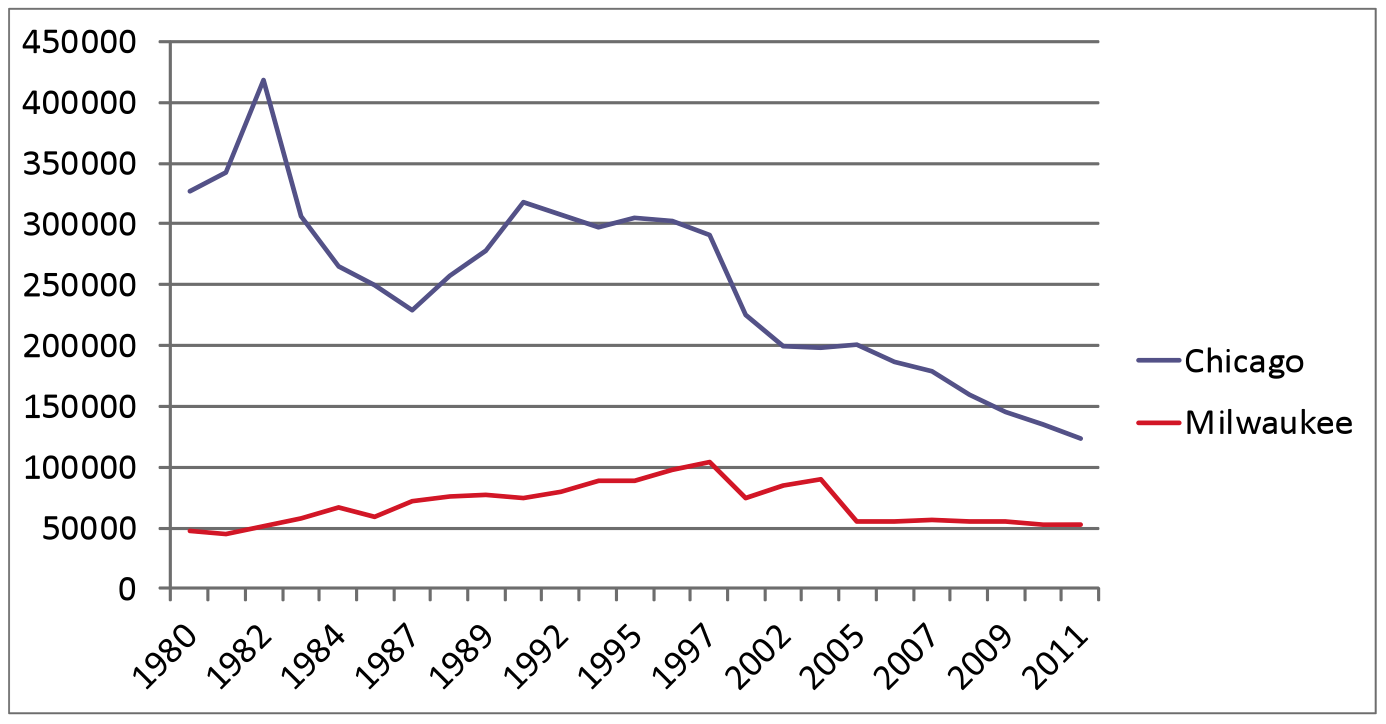Second Chance for Juveniles: Raising the Age of Juvenile Court Jurisdiction in Wisconsin
Under current Wisconsin law, an individual charged with a crime is under the jurisdiction of juvenile court only if he or she is younger than 17. For several years, legislation intended to increase this age to 18 has been introduced, but has not been passed by the legislature . . . yet.
This legislative session, a new effort is underway to treat children under 18 as juveniles if they have not been previously adjudicated delinquent, they have not been convicted of a crime, or they are presently charged with a non-violent offense. Research and experience has shown that harsher criminal sanctions do not break the cycle of recidivism and that the consequences of a criminal record are detrimental to the future development and success of children. Returning 17-year-olds to the juvenile justice system is more likely to have a better outcome for both the child and our society as a whole.
The biggest impediment to making this change has been the fiscal impact to counties, which pay the costs of juvenile detention. The current draft legislation seeks to mitigate the fiscal impact while beginning the process of more appropriately treating juveniles in the criminal justice system.

